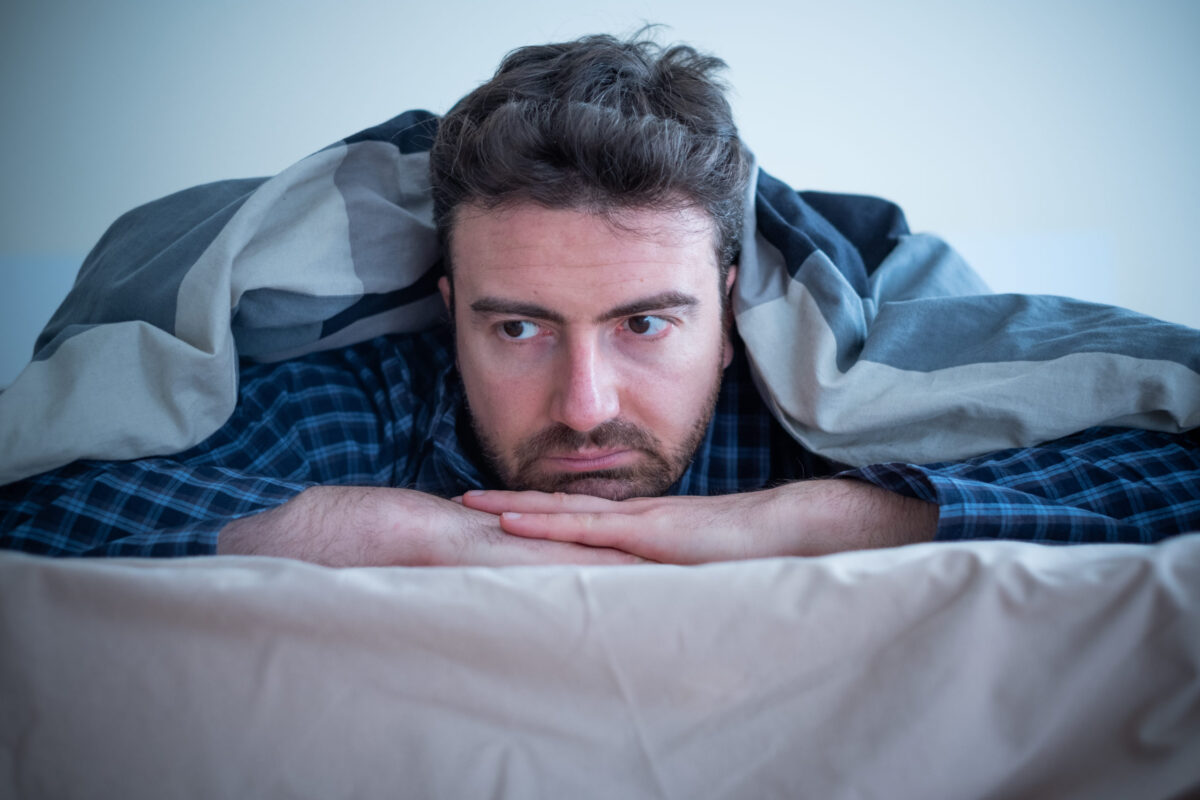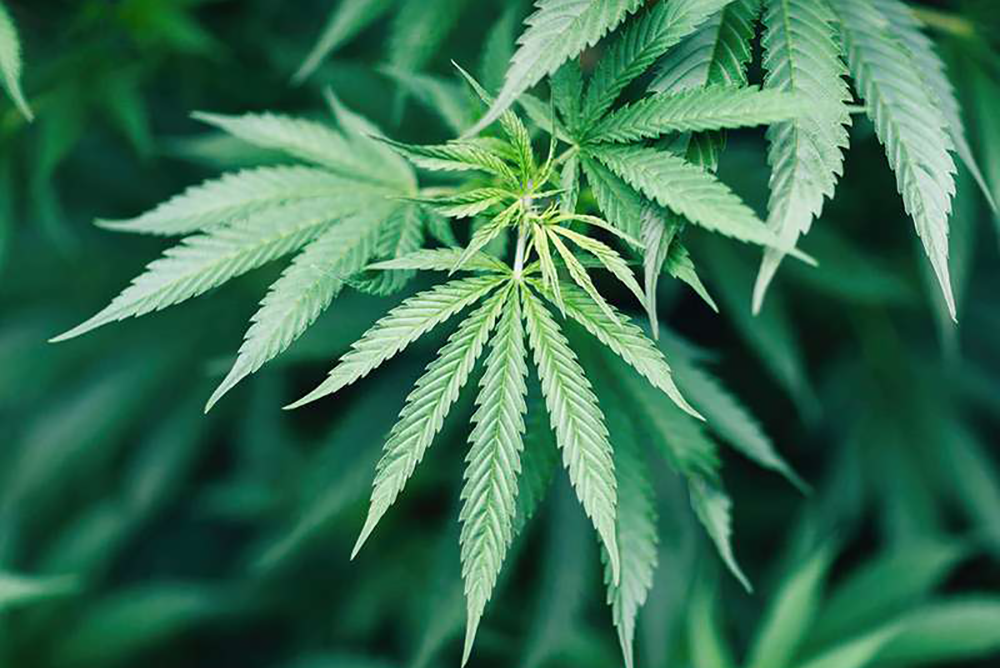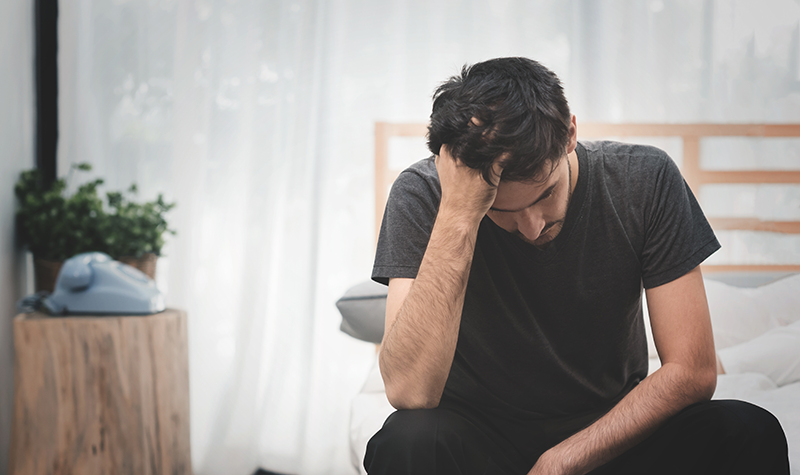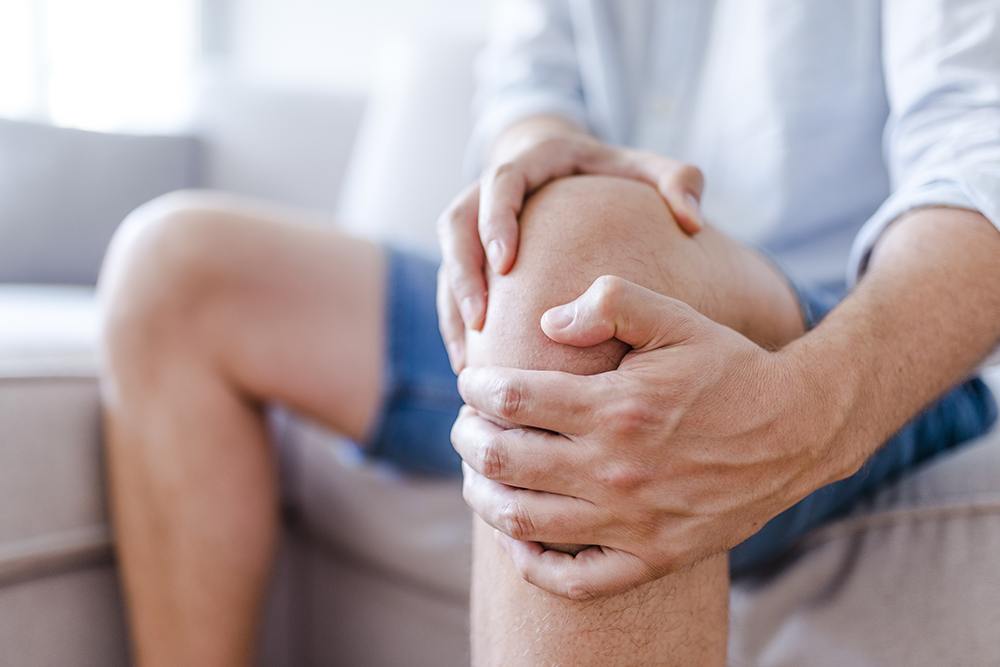Insomnia is the inability to sleep. Sleep is extremely important to overall health and well-being, so not having enough sleep may lead to many problems. When recovering from substance use disorders, having sleep difficulties is common in early recovery, and may even contribute to relapse. Furthermore, insufficient sleep is linked to hallucinations and psychosis. The […]
Category Archives: Recovery
The first step in entering treatment for a substance use disorder (SUD) is detoxing. Detoxification is a process that the body goes through when stopping the use of a substance. Medically assisted detox may be necessary for certain substances that cause extreme withdrawal symptoms. Although it is only the first step in recovery, detox is […]
An analysis of federal-based survey data shows that before the United States legalized marijuana, more Americans were struggling with frequent, problematic use. The research found that there is an apparent decline in daily marijuana use among those who may have a cannabis use disorder. The Study The study focused on data from the annual […]
Arresting those with opioid use disorder (OUD) is not the answer to battling the opioid epidemic enveloping our nation. The American Psychological Association (APA) strongly suggests focusing on evidence-based treatments to pull the country out of the grips of this opioid crisis. The Numbers Point to a Significant Need for Change Our nation is in […]
A study published in the Journal of Substance Abuse Treatment found associations between methamphetamine use and dropping out of treatment for opioid-use disorder (OUD). Methamphetamines are a class of drugs that are highly addictive stimulants which affect the central nervous system. The study found that the use of methamphetamines doubled the risk for patients to […]
A study done by the Boston University School of Public Health showed that the decline in prescribing non-opioid painkillers (NSAIDs) in the early 2000s overlapped with an increase in the prescribing of opioids. After studies discovered the side effects that NSAIDs had on the cardiovascular system, opioid prescriptions increased to bridge the gap for people […]
The United States is within the grips of an opioid crisis, and treatment professionals actively seek alternative treatment options for chronic pain. The need for alternatives is imperative since almost 100 million Americans live with chronic pain. Since the late 1990s, the initial treatment option for most of these patients was opioids, such as hydrocodone, […]
Benzodiazepines, also known as “benzos,” include medications such as Valium, Klonopin, and Xanax. They are a class of sedatives that are statistically the most abused, yet are commonly prescribed to treat insomnia and anxiety. Teetotalers, or people who never drink alcohol, and moderate drinkers, are less likely to take “benzos” than problem drinkers. When taken […]
Research shows that creative writing positively impacts our physical well-being, and therefore, may help psychologically heal and improve the chances of obtaining long-lasting recovery from substance use disorders (SUDs). People who engage in reading and writing tend to maintain sobriety for longer periods. Studies show that consistently journaling improves emotional, psychological, and physical well-being. […]
Estimates used to be that suicide accounted for almost one-third of all opioid-related overdose deaths. However, new research found that suicide accounted for only 4% of opioid-related deaths. The study utilized 17 years of data, between 2000 and 2017, to figure out the prevalence of unintentional, suicidal, or unspecified deaths related to opioid use. The […]
















